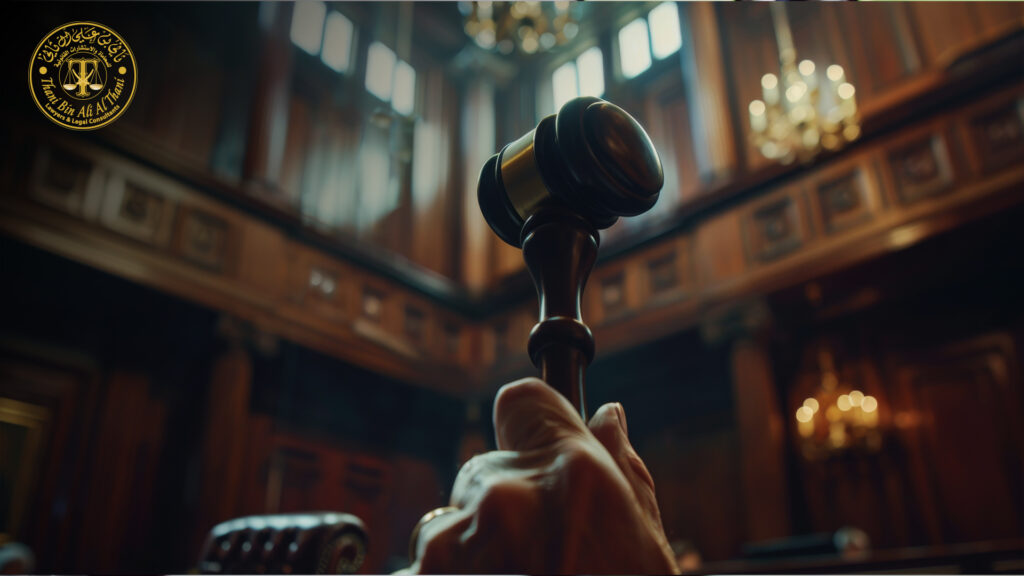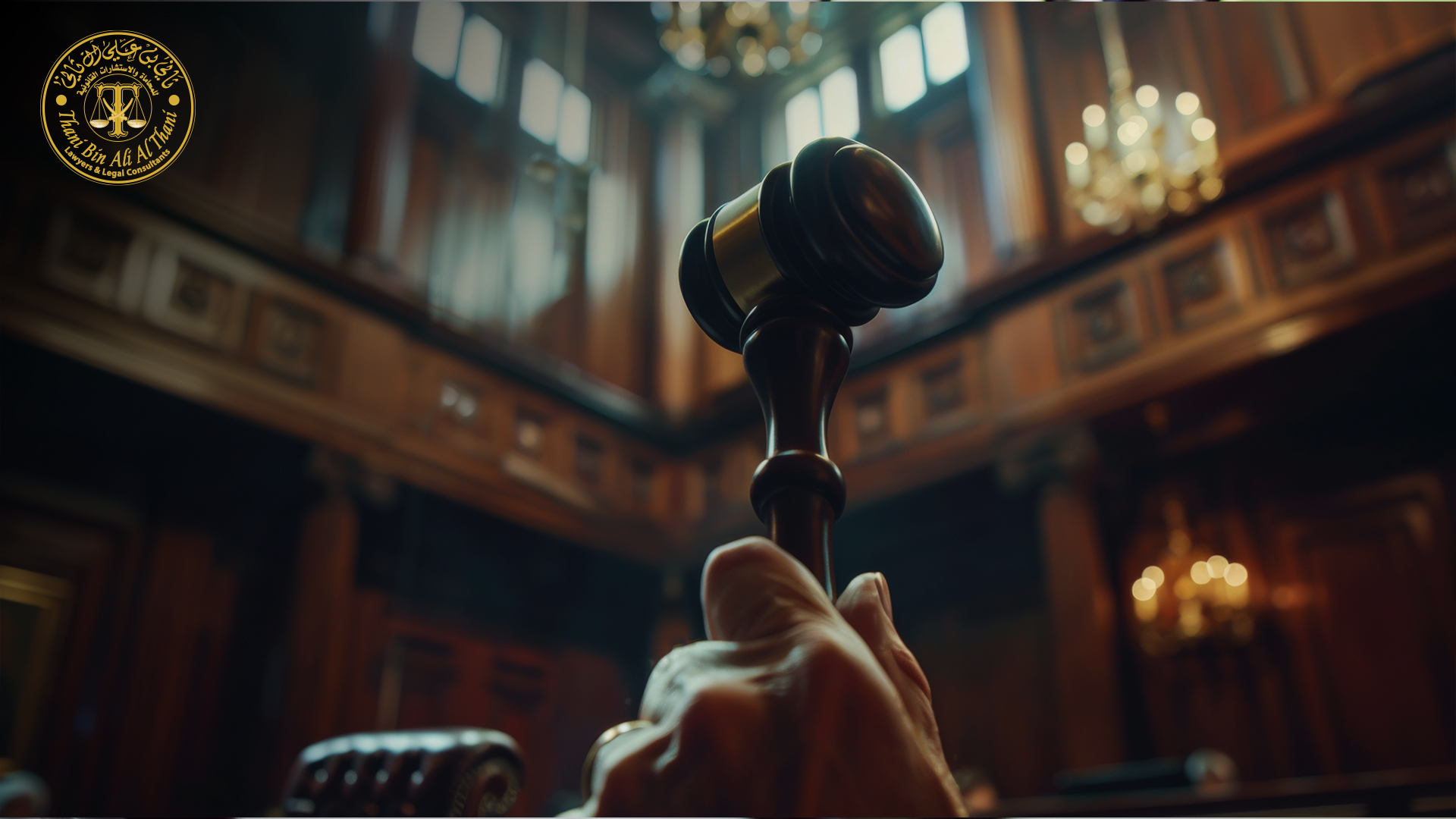The characterization of a lawsuit is a critical issue in procedural law. It represents the process of reshaping the lawsuit to align with the facts presented, allowing the court to understand the case more comprehensively. The trial court enjoys full discretion in this regard, as the purpose of litigation is confined to the claims and legal grounds provided by the parties.

The Role of the Trial Court in Characterizing the Lawsuit
The court’s role here is to review the details of the facts presented and the available evidence, assessing the validity of the claims and defenses. The trial judge is not obligated to alert the parties to defenses they have failed to raise; it suffices for the judge to base their decision on clear and established evidence in the case files. The judiciary has established that the trial court’s authority to determine and understand the facts extends to assessing the validity of the evidence. A report by an expert may be considered as evidence if the court is satisfied with the validity of the expert’s findings.
Example from the Court of Cassation Regarding the Characterization of the Lawsuit
In Cassation Appeal No. 245 of 2000, the court ruled that the trial court is not bound by any specific standard when determining damages, but instead relies on its subjective conviction based on its understanding of the facts. In this appeal, the case file was referred to an expert to provide a report on the responsibility arising from demolition work that caused damage to the respondent. The court relied on the expert’s report to establish fault on the part of the appellant and ordered appropriate compensation, confirming that the trial court’s assessment of damages falls within its discretionary power and is not subject to review by the Court of Cassation as long as it is based on evidence in the case files.
Condition for the Correct Characterization of the Lawsuit by the Trial Court
This requires that the reasons upon which the court based its decision are sound and supported by clear elements in the case file. This includes the facts, evidence, and presumptions presented. As long as the court’s conclusion is logically derived from these elements leading to the result it reached, the Court of Cassation will not intervene in this assessment.
Conclusion
The trial court has broad authority in characterizing the lawsuit, understanding, and evaluating the facts, provided that these decisions are supported by evidence with solid foundations in the case file.


